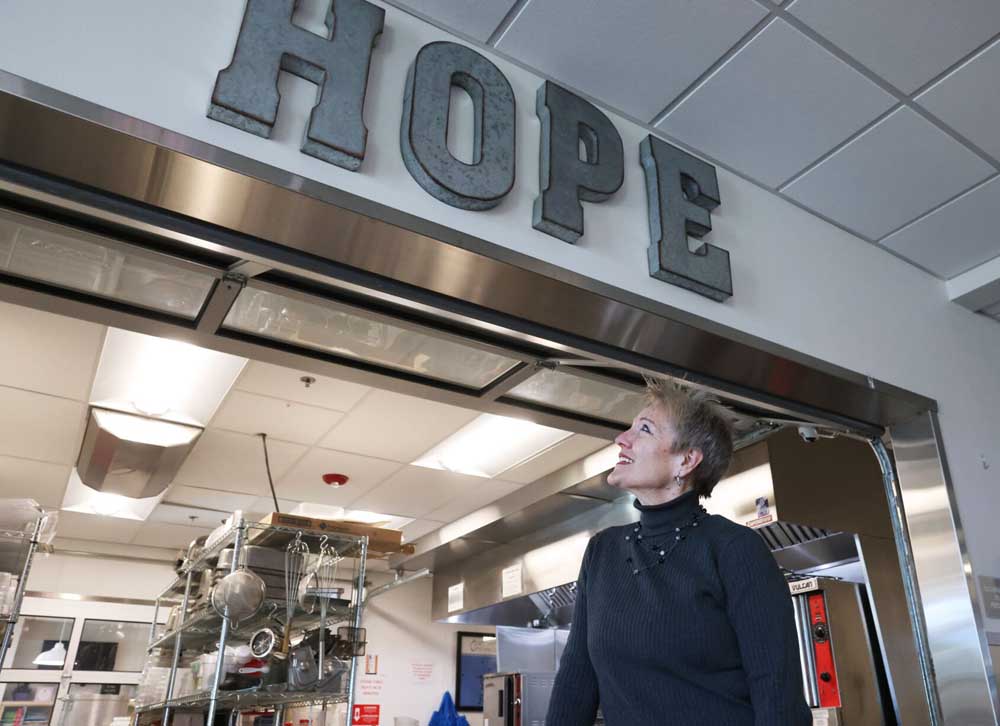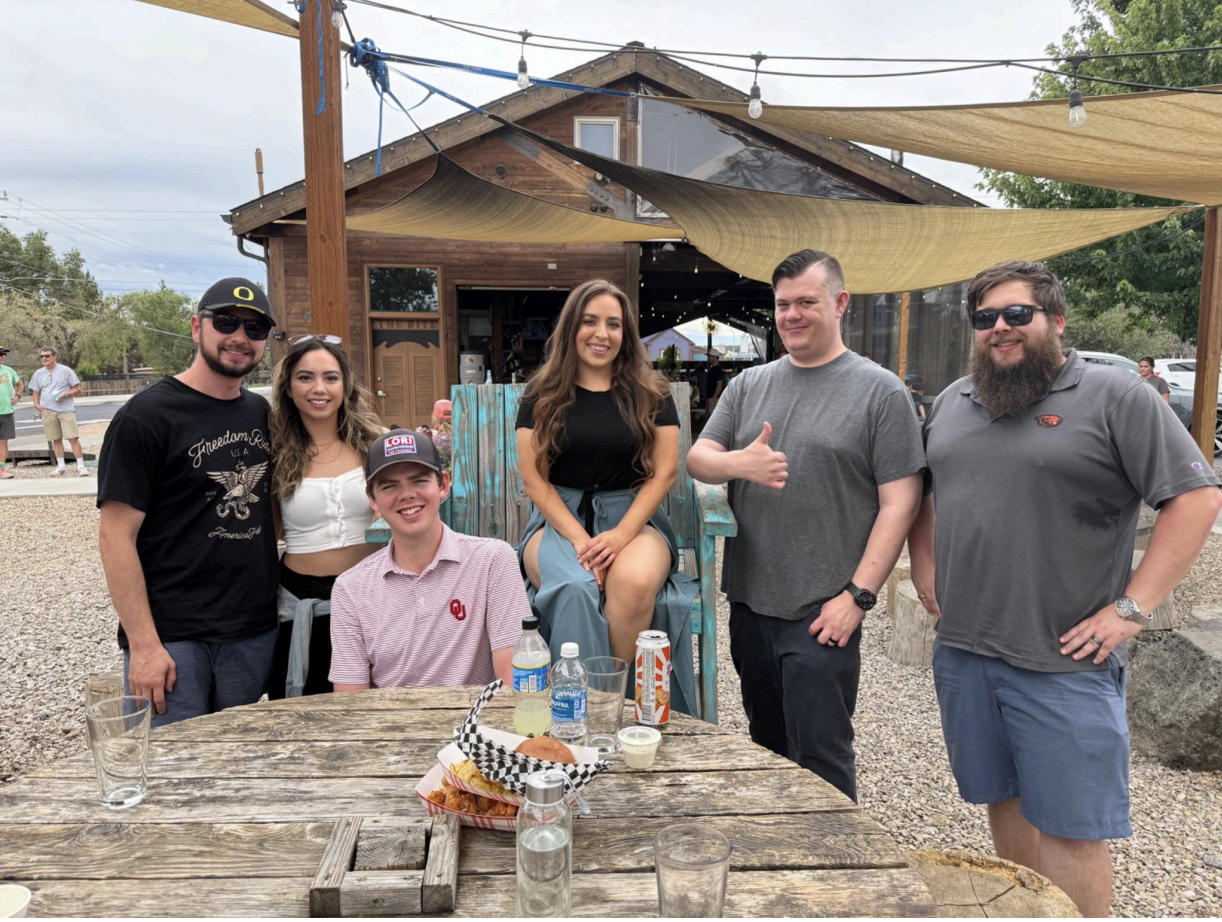Longtime director of Central Oregon’s first homeless shelter to retire
Published 5:30 am Saturday, March 8, 2025

- Gwenn Wysling, executive director of the Bethlehem Inn shelter, is planning to retire in June.
The organization that created Central Oregon’s first homeless shelter in 2004, the Bethlehem Inn, has only ever known the leadership of Gwenn Wysling, who took the reins as director 15 years ago.
Trending
That will change upon Wysling’s retirement, which was announced Wednesday.
Wysling led the Bethlehem Inn through a major renovation and expansion as the shelter grew out of its 1960s-era motel in north Bend, and more recently the creation of a new transitional shelter in Redmond.
Tens of thousands of people have come through the doors of Bethlehem Inn for meals and shelter during Wysling’s tenure — and many of them she calls friends.
Trending
“It has been the absolute best job I have ever had,” said Wysling. “The relationships with all people in the community, including our residents and the people we serve and the partners who serve them have made such an impact in who I am and what I do every day. It’s been really incredible.”
Growing up, Wysling’s family welcomed foster children and family members to stay under their roof.
Wysling said she did not set out to become the executive director of the Bethlehem Inn, but fell into it. She joined the organization’s board of directors in 2008 after she met its president, Tom O’Brien. Two years later the board decided leadership would be necessary beyond the eight staff members running the organization. The board offered Wysling the job.
Bethlehem Inn traces the seeds of its organization to 1999. According to a written history produced by Bethlehem Inn, a pastor named Milton Hunt was particularly concerned about the growing issue of homelessness in Central Oregon, and began writing to churches and the mayor about putting together a shelter. That winter, four churches rotated weekly as the host of an emergency overnight warming shelter during January and February. It was called the Bethlehem Inn Project.
The Bethlehem Inn became the first year-round homeless shelter in Central Oregon in 2004 when it moved into a Deschutes County building formerly used for inmates on a working release. The building could sleep 74 people. But the need grew quickly.
Three years later, the shelter bought its current property on Third Street from Deschutes County. The old motel had no commercial kitchen, so meals were donated or cooked elsewhere and brought to the building for residents to take back to their rooms. That worked, at least for a while, Wysling said, but it again became clear the shelter would need to expand.
“(The board) saw that we could certainly do something more than just run a shelter in a 1960s motel,” Wysling said. “There was a lot more that the community could do and this piece of land could do.”
A $9 million expansion began in 2017. The Bethlehem Inn doubled its capacity, adding a new shelter for families and renovating and adding to its rooms for individuals, plus a kitchen and dining room.
In total, the shelter can host 144 people, including about 111 individuals. Both individuals and families enroll in a weeks-long program involving case management with the ultimate goal of setting themselves up for permanent housing.
“It took quite a few years to develop what exactly would be built here, and how we could do that in a very trauma-informed way to ensure that we are helping the people that need it in a way that provides them safety and security,” Wysling said.
A region-wide count conducted in 2005 showed about 500 people among Deschutes, Crook and Jefferson counties were homeless. Last year a count showed the number was more than 1,800.
Like Bethlehem Inn, other services for people without stable shelter have grown, however. Bend has more than 500 year-round homeless shelter beds, including more than 200 low-barrier beds, with minimum requirements for entry.
During Wysling’s service as director, expectations and requirements for providers to receive state funding have shifted toward low-barrier beds. Because Bethlehem Inn requires residents abstain from alcohol and drugs, it does not fall into that category. Wysling said the shelter has maintained that policy partially to keep a safe environment for families and others.
And the shelter has had support from local and state elected officials, she said.
“We have stayed true to maintaining an environment where people are willing to adhere to the clean and sober requirements,” Wysling said. “By doing so, we feel like they’re really putting their efforts into moving forward. … It’s always been about compassion, empowerment, equity, integrity, accountability and collaboration. Those have been the backbone of our organization since day one.”








